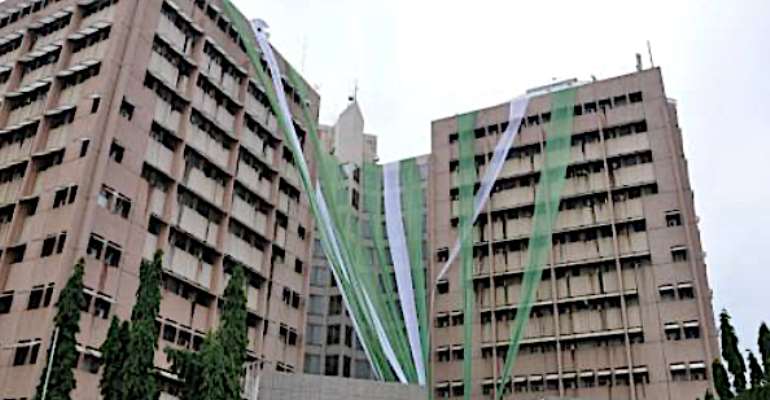The Nigerian Civil Service And The Many Woes Besetting Her Existence

Warmest regards and felicitations to all civil servants on the occasion of the annual workers day celebration which is celebrated worldwide to celebrate workers especially in the public sector.
The civil service in any country is an essential ingredient or an offshoot of democracy. It is the arm of government responsible for implementing government decisions.
In another context, the civil service could also be regarded as a group of employees who do not have links or affiliations with the military or its adjunct components, political parties, and who work day by day to execute the policies of the government.
Employment and promotion in the service is largely based on recommendations and writing of examinations which are highly scrutinised and administered using globally accepted best practises.
The Nigerian civil service based on historical antecedents, had been in place before independence as there were employees who were working for the central administration that was headed by British colonialists.
Shortly after the country gained her full fledged independence, the service was structured to allow for diversity and was modeled after the American system. Thus, the service was divided into ministries, agencies and departments, each headed by a minister or a director who reports to the board of governors and subsequently to the President.
However, several decades down the line, the motive for which the service was established has been defeated. This overtime, has conceived and birthed several challenges which continue to be the bane of existence of the service, and which continue to be a clog in the wheel of progress. This write-up shall highlight some of these challenges and make some recommendations where necessary.
Poor Working Conditions
According to human resources experts, an organization's working condition goes beyond wages and salaries. It encompasses, the office structure, the availability of serene environment, tools, facilities and equipment necessary for workplace operation and the likes.
A visit to many ministries reveals that many workers battle with poor working conditions. At some times, some civil servants are forced to contribute money towards maintaining and procuring facilities such as furniture items, ICT, internet facilities, operational vehicles etc.
Strikes and Industrial Actions
This cannot be enumerated as it has eaten deep into the Nigerian civil service both at the Federal, State and local levels. The inability of the employers who are the government to fulfill it terms and conditions of Service and agreement has been the rationale for the incessant industrial actions. For instance, the Judicial Staff Union of Nigeria (JUSUN) which is presently on industrial actions has laid claim to non implementation of a harmonised wage and salary structure as the reason for its strikes. This had countlessly led to several issues especially by those who require the services of the courts.
Bribery, Nepotism and Corruption
Can we exhaust this point enough? Or can we feign ignorance about its existence? No. Tell me about how a director forces his subordinate to cough out thousands of naira to be promoted and I will tell you about how another director was able to embezzle trillions of naira for personal usage.
How about some others who have inflated the cost of proejct execution and eventually procure substandard items or the recent report of a director selling official vehicles to the public at giveaway prices. Is this not ridiculous?
What about those who are in the government's payroll and have never for once shown up at work and they are the first to be considered for promotion when the need arises?
Clash of educational qualifications
The HND/B.Sc. dichotomy which has been in existence for ages has been one major reasons the clash of educational qualifications may not be abated. Even two individuals wielding the same degrees may not be promoted at the same time due to the fact that many see those From the science and engineering courses as superior to those with a background in the humanities and social sciences.
Bureaucracy
Hmmnnn. There we go again. Emphasis is still placed on the observance of protocols and laws as against productivity. Tell me about how a cick servant who wants to take a sick leave will be asked to write letters numerously which in the long run will not be implemented and I will tell you about the delays experienced by others especially at the period they want to process their retirements. Countless people have died due to bureaucratic processes which slow the process of work.
Well time may not be relatively enough to highlight some other challenges which continue to eat into the fabric of the federal civil service making its botyh unfruitful and un productive.
Notwithstanding, there is the need for policy appraisal and restructuring of the service in order to abate the above challenges and give the service a facelift. When this is done, the Nigerian civil service will be able to compete favourably with her counterparts in the world.
